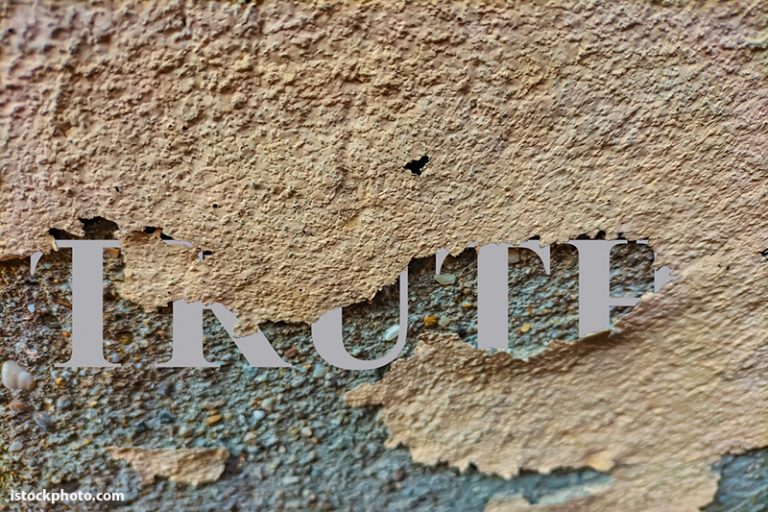Third in a series on integrity.
American Universities have been created in a uniquely American mold; a marketplace of institutions, some public and some private. Non-profit organizations have been the norm in both settings, though the last decade has seen the emergence of for-profit “educational service” providers an option not addressed here.
All receive tax dollars. The less public institutions still receive tax dollars through loans and subsidies from the taxpayer’s pocket book. The traditional private college may receive its primary funding through gifts, grants, auxiliary enterprises and student tuition and fees, but many still get significant amounts of state and federal tax dollars for research (on top of loans and grants provided to fund students’ attendance, see http://walterwendler.wordpress.com/2010/07/02/our-university-fiscal-integrity/.
According to The Center for Measuring University Performance, of the top ten university research expenditure budgets, Johns Hopkins University, leads the group, receiving $1.5 billion in 2008.
While some research funding comes from private sources, the majority at most institutions come from federal and states coffers. In the case of Johns Hopkins, nearly $1.3 billion came from federal resources. Universities with modest research expenditures, in the range of $100 million per year, comprise a significant portion of the thousands of universities in the nation.
Much of this funding is distributed based on university reputation. This comes in part through peer review of past research, but also from a history of integrity to academic standards and intellectual rigor of both the university and the people who are associated with it at all levels.
America’s passion and appreciation for higher education leads to competition for the best faculty and students, as well as for the federal and private support that makes possible their contributions across the many fields of academic endeavor.
When a university’s reputation is soiled by impropriety at any level, but especially by its leaders, it raises questions of both competence and reliability. Examples abound. This, in turn, can make it difficult to court those individuals best able to further the University’s mission or secure the funding for their work.
Universities are built on trust relationships at every level. Research is fueled by the belief that scholars will be honest in their findings, and produce replicable results in basic and applied research that have validity and stand the test of peer review. Students pay tuition and fees to join a community of scholars based in large measure on the idea that past performance will equate with future performance: that they will receive the best efforts of the university and faculty. This is trust, and trust is a result of a sustained pattern of integrity.
The community will come to the University for help if they trust both their intentions and abilities. In today’s media saturated environment, this trust can be tarnished by any impropriety associated with the University’s image, including the personal scandals of faculty, staff, or even students.
When leadership at any level fails to deliver on the expectation of truth and honesty the reputation of the organization will diminish in the eye of the paying public. Our best behavior is always required because any breach of trust depletes our ability to generate resources needed in the classroom, the lab, and the larger community.
GE used to say that “progress is our most important product”. At a University, integrity may hold that “most important” spot, as all of the organizing forces that bind together a community of scholars and researchers flow from the trust integrity makes possible.
Absent integrity, a public university is no more than a patronage machine, a private university just a second rate finishing school, both, nothing more than shell games.





Walter…you’re always a fair to good read..even if you don’t admit to smoking the front lawn now and then…but then, I’m out of the loop out here on the Hood Canal raising garlic and begonias
The notion of “Integrity in the University, read: SIUC” fits pretty much everybody: administration, staff, students, alumni…doesn’t it.
In the sports world one of the general rules is that it’s a given that if you play/compete with lesser talent that you’ll eventually regress. Ie, to improve requires competitors above one’s current level…coupled to (also givens) desire, diligence, a sense for excellence. Fair enough.
In the university (2 real time integrity questions/examples) that touch administration, staff, and students…and I’d argue alumni.
One, does it also hold that if the university sets (read: Provost/Dean/Dept) the lower acceptance standard for students at an ACT score of 14 that staff will gradually dumb-down/peg their instruction to close to the mean level of the class and in turn professional competence within the university (adm/staff) will “compost?”
Two, should incoming undregrad and ESPECIALLY graduate students provided with a #2 pencil, a sheet of unlined paper, and a current event theme be able to “produce” two maybe three paras of copy (what ever will fit on one side of a sheet of paper) that is:
readable,
a subject and predicate in each sentence,
punctuation that works, and
pretty much spelling error free…
in 30 minutes maximum?
Given SIUC’s perennial enrollment numbers concern…moreso today (2010) than ever, can SIUC maintain/sustain an acceptable level of academic level of excellence given the “softening” of student acceptance standards and what passes for acceptable instructional requirements/student performance standards?
ted
PS Tony Judt’s “Words” piece in the current NYRB is worth a read/fits I think:
http://www.nybooks.com/blogs/nyrblog/2010/jun/17/words/
GE used to say that “progress is our most important product”.
But SIUC (and many other schools) announce searches (like our last ones for chancellor, law school dean, etc.) by stating
“diversity is our foremost/primary/number-one criteria.”
Are we producing “diversity” or education? When your boat is sinking and someone on board says “the ethnic mix of this ship requires a leader who embodies diversity” you would think he was mad. We need someone who can keep this thing afloat, damn the niceties!
It’s amazing how many “administrators” are not at work on Friday or Monday. Or how many don’t even live in or near Carbondale. 🙁
I was talking with a neighbor about the issue of alcohol in SIUC’s new stadium and remodeled arena and, they didn’t know that the liquor license request had been tabled by the city council. They had paid an extra $5,000 so that they could serve alcohol to their clients in their stadium suite. So, it sounds like the Athletic Department leadership has been selling something that they don’t yet have a right to sell.